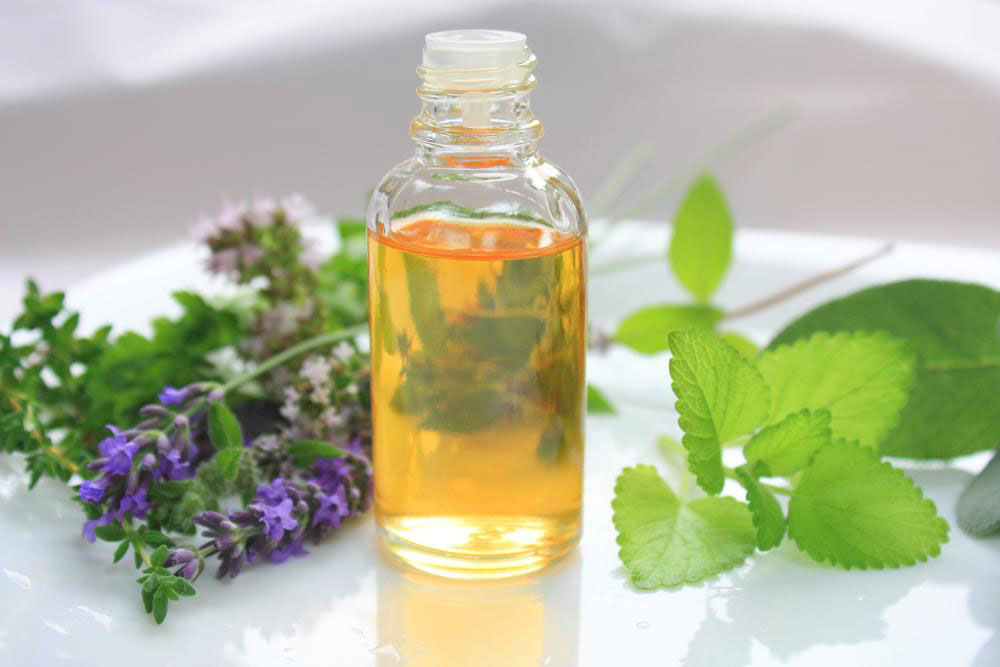
A guide to using essential oils for pets
Essential oils are aromatic compounds that can be obtained from plants. These concentrated substances are known to have health advantages for humans and in some specific cases, for pets as well.
In other cases, using essential oils can even lead to poisoning or other harmful effects for them. This is why before buying essential oils, pets need to be checked by vets to know what oils are safe to be used for them.
1. Benefits of essential oils pets can enjoy
High-quality essential oils may prove to be healthy for your pet, and some even have emotional benefits. Since essential oils are lipid-soluble, these get absorbed into the cells via the cell membrane. Research has shown that many of the components in these oils have antifungal, antiviral, and antibacterial properties.
2. What are the effects of essential oils on pets?
- Essential oils may be used for treating certain health issues in dogs as well as other pets. In the case of larger herbivores like cattle, horses, sheep, and goats, these may be topically applied to the problem areas, even without dilution at times, or along the backbone just like one would use it on humans.
- Birds are, however, very sensitive to essential oils, and they have to be water-diffused when used for birds. Cats lack the liver enzyme necessary for metabolizing essential oil components, which is why they tend to be vulnerable to the toxicity of plants, chocolate, caffeine, and NSAIDs like aspirin, Tylenol, and ibuprofen.
- When you have small dogs, it is best to dilute the essential oil you plan on using. Oils like Wintergreen, Camphor, Birch, or Melaleuca are best avoided, and less-controversial ones should be used as they are much safer and equally effective.
- Pocket pets like rabbits, guinea pigs, and hamsters are hindgut fermenters. Which is why you have to be cautious when using oils having strong antibacterial qualities like cinnamon, oregano, or cassia.
3. How should you use an essential oil for your pet?
You must only use essential oils that are 100% pure, and each should be well diluted before use. The amount of oil that you should use varies, and you need to check with your veterinarian to be sure. You can use one drop of oil in about 50 drops of carrier oil like almond, coconut, or olive oil. Alternately, you can use about 3-6 drops in 1 ounce of carrier oil. You will also need to adjust the amount depending on the age and size of your pet; smaller pets need lesser amounts.
4. Things to remember when using essential oils for pets
- It is important to know about your pet’s health to ensure that no essential oil harms it because of an underlying health condition or any other reason.
- You need to look out for your pet’s reactions to the oils and stop their use immediately when you notice something wrong.
- You should refrain from using the oils in delicate areas like around their eyes or nose.
- Essential oils should never be used on pets prone to seizures.
- In case your pet is nursing or pregnant, you must clarify with your vet before using any oil.


